Lohri is not just a festival for Punjabi farmers. It is a feeling. It holds deep meaning for them and is marked by vibrant bonfires and feasts. While it is celebrated with heartfulness and is the face of Punjabi traditions, concerns about increasing bonfires and unsustainable traditional practices keep growing.
Since Lohri is observed just a day before Makar Sankranti, the combined wastes generated in both festivals must be efficiently tackled and reduced to uphold the charms of Indian festivals by respecting our country and its rich natural resources.
Origin and background
The history of Lohri is rich and riveting. It symbolised life and fertility. While initially, it was celebrated when a boy was born, in recent decades, most gender biases have faded, and everyone in Punjab and beyond has started embracing Lohri. As a festival, Lohri was earlier observed by Punjabi farmers when the winters gave way to warmer days.
Some folk tales also say that this festival aims to honour one Punjabi legend known to have led revolts against the Mughals. Today, this hero is remembered by the name Dulla Bhatti on Lohri every year to celebrate his courage and good work. Singing folk songs to pay him tribute is also prevalent in Punjab.
Why is Lohri important from a cultural perspective?
Lohri is celebrated to convey gratitude to the gods for agricultural prosperity and bond over feasts. Key cultural aspects of Lohri are briefly listed below.
- People belonging to agricultural communities, specifically farmers, convey their gratefulness to natural forces like the Sun, Earth, and fire for their harvested crops. They also seek the blessings of the gods for continued wealth and prosperity in future times for future generations. In Punjab, you will find people gathered around bonfires everywhere on Lohri. Offerings are made by throwing foods like sesame seeds and jaggery into the fire.
- On Lohri, local dance forms like bhangra are practiced with great vigor. Feasts are organized to unite people. Interactions as such work to make and strengthen bonds between families and communities. Lohri is about Punjabis and their cultural identities.
- Lohri's celebration is all about fire. Fire is integral to this day. People see it as a life-sustaining energy since it provides the crops with the heat and warmth needed for plants to survive in cooler seasons. Bonfires are prevalent in Lohri because this is how Punjabi farming families pay their respects to fire for everything it offers.
Making Lohri greener
As the carbon footprint rises and climate conditions keep declining, inculcating sustainable steps in the Lohri celebrations is a good idea. Check out the points below-
- Avoid firewood for bonfires. See if you can gather sustainable and dry eco-friendly natural elements. Dried cow dunks and twigs can be sustainable fuel options for bonfires.
- Sustainable food choices can redefine Lohri. Biodegradable items like bamboo plates or banana leaves for serving must replace single-use plastic. Also, attempt to prepare homemade sweets instead of purchasing from shops. While preparing dishes, see if you can find organic and local ingredients. Organic raw materials do not contain chemicals and are better for you and the planet. These little steps can bring forth mammoth revolutions.
- If you are planning to purchase textiles, go sustainable. Sustainable fabrics that are handwoven and locally sold are the go-to choice. So, if you hope to go fabric shopping this Lohri, go organic and avoid mass-produced clothing.
- Try to shrink waste using recyclable items and digital invitations. Reusable and recyclable decoration items like floral or paper decor materials can be easily decomposed or recycled. If you wish to be more creative, try to fashion decor items by repurposing some of your old and discarded possessions. Paper lanterns also look stunning. While choosing gifts, be careful and pick sustainable options or craft personalised presents yourself. Switching to digital invitations is also easy, hassle-free and requires no paper.
Conclusion
Ideals of sustainability are deeply rooted in the Lohri festival celebration. Since it celebrates the profession of agriculture and worships nature, we need to take utmost care to ensure we do not hurt nature while upholding our tradition because this goes against the basic principles of Lohri. So, let us preserve the true meaning of Lohri by adopting sustainable products.
Check out Sustainable Products here:

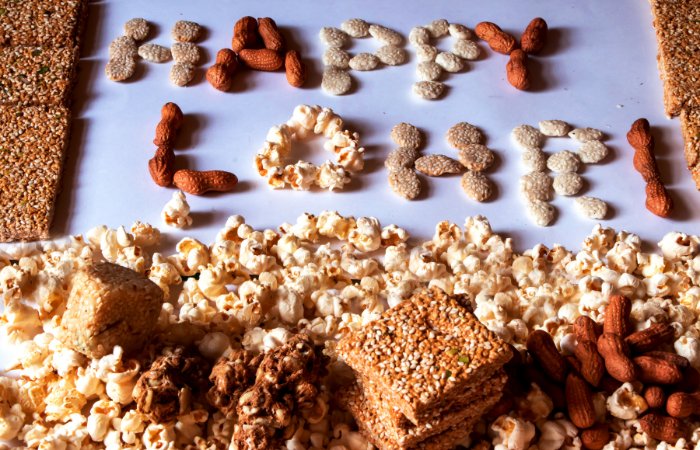












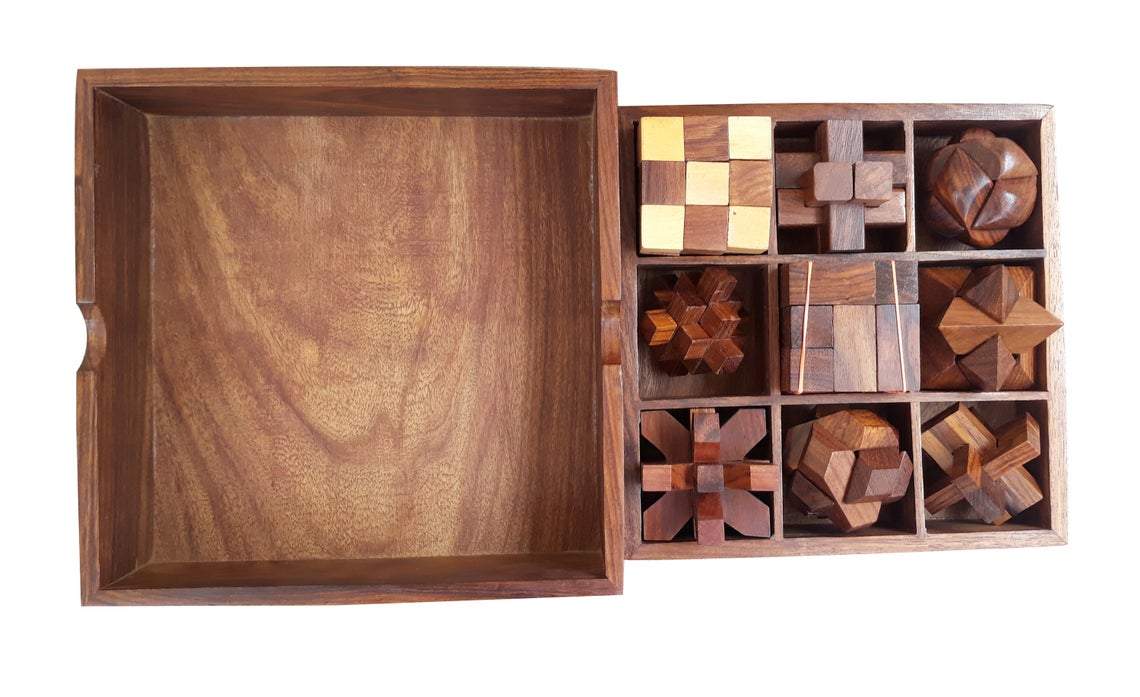
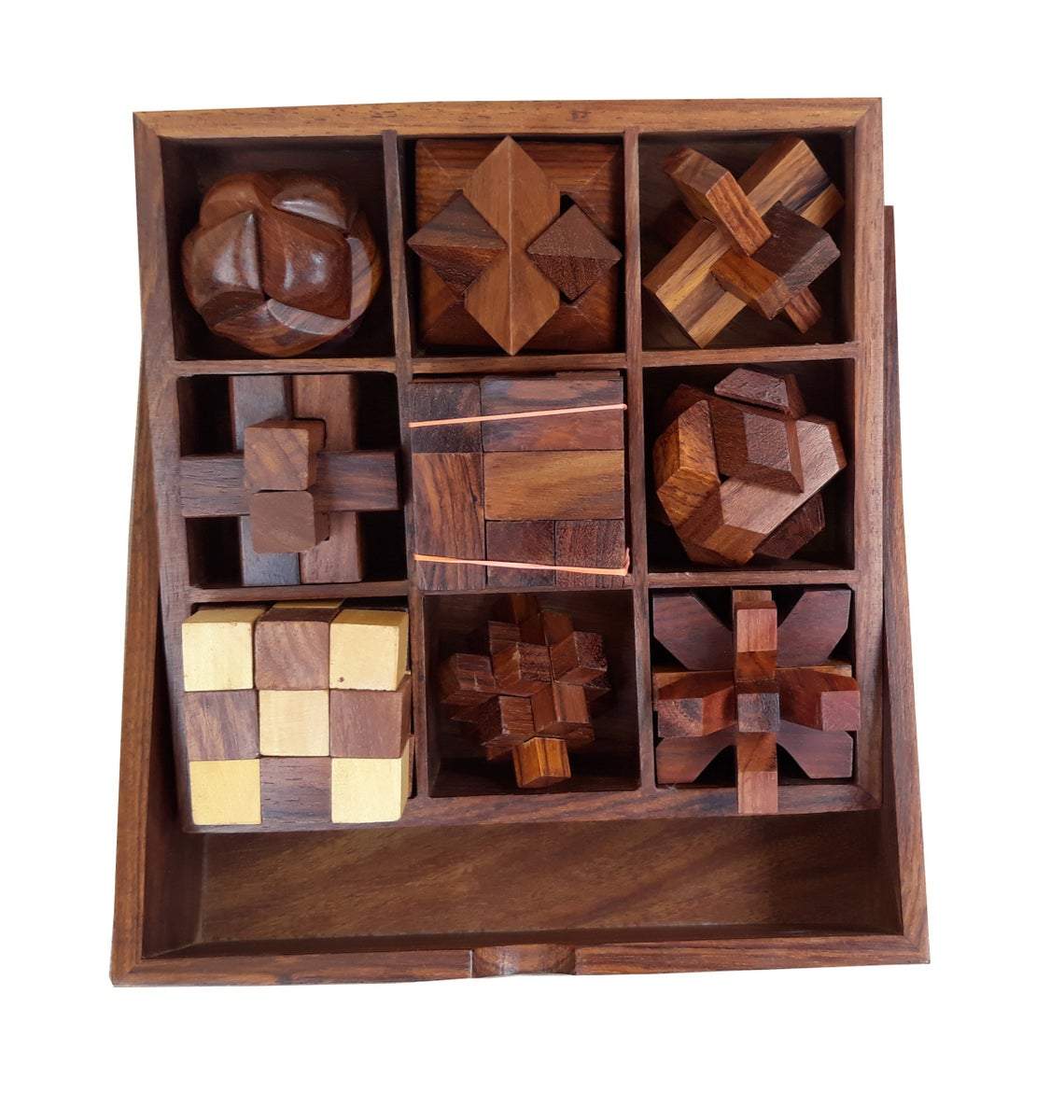








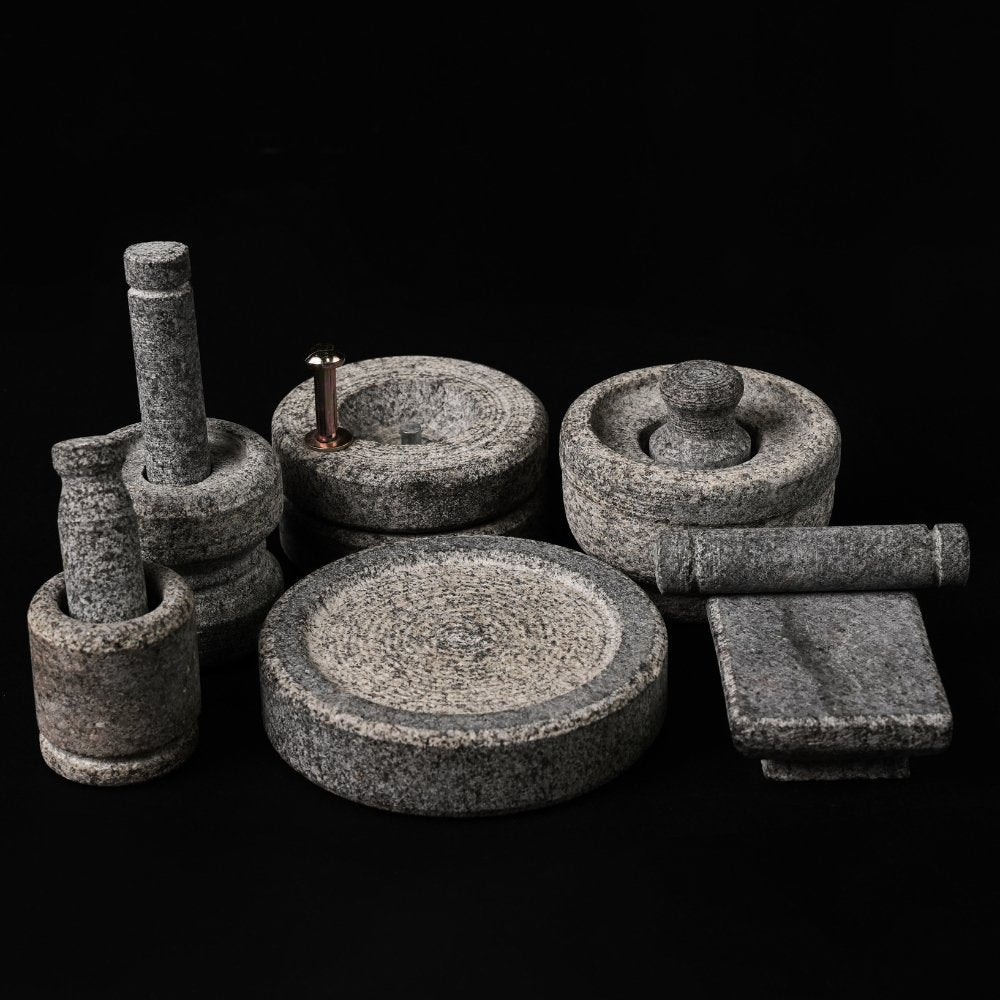


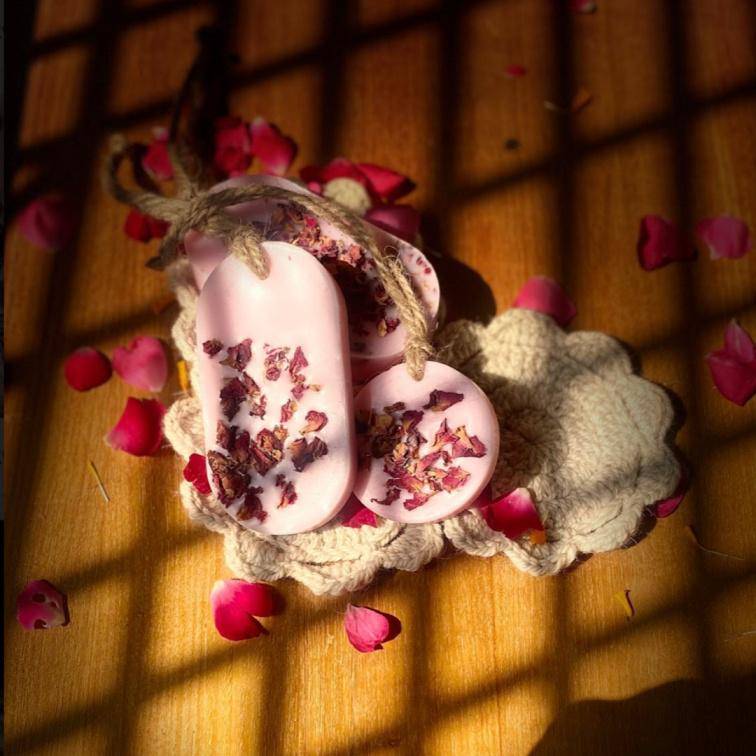
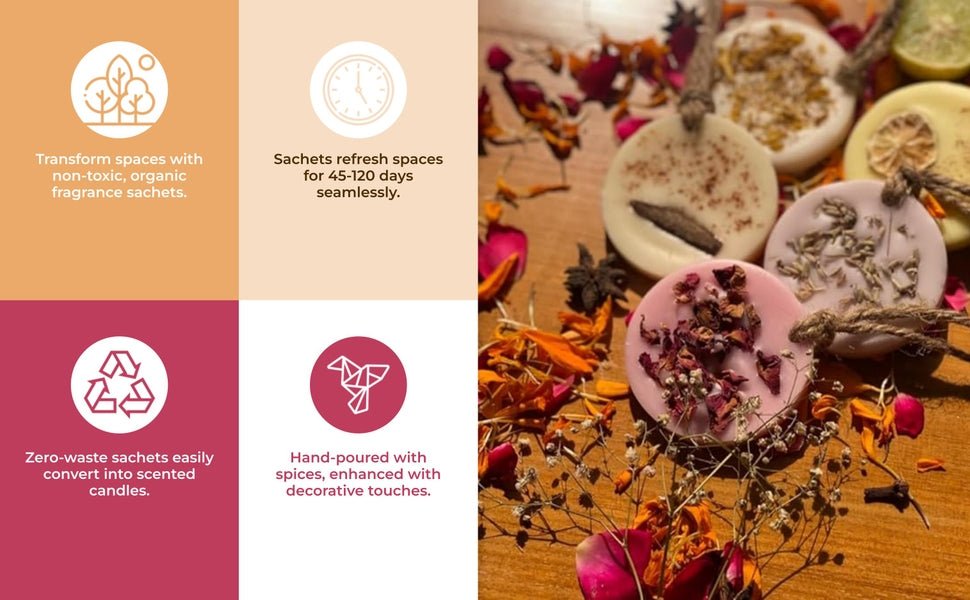
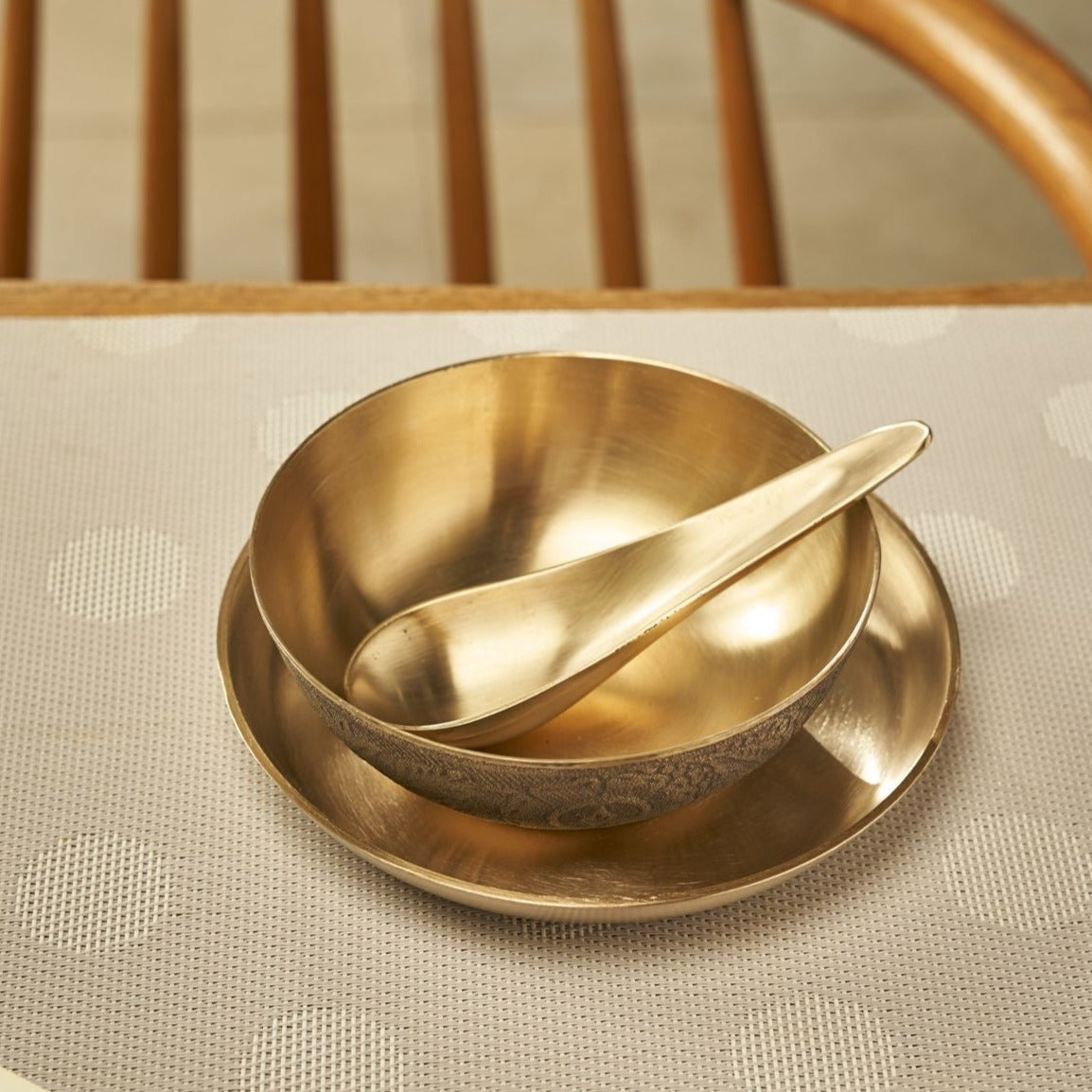

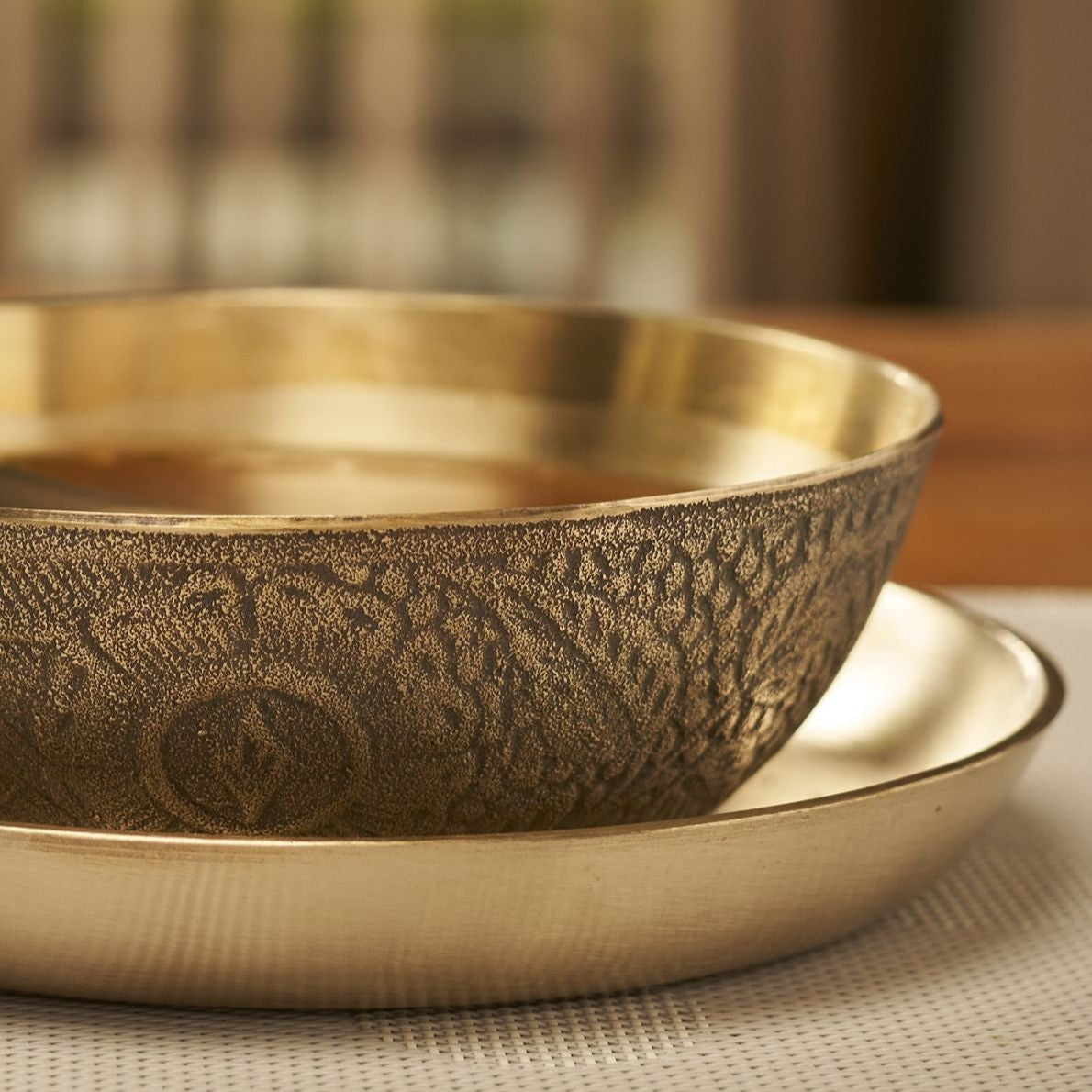
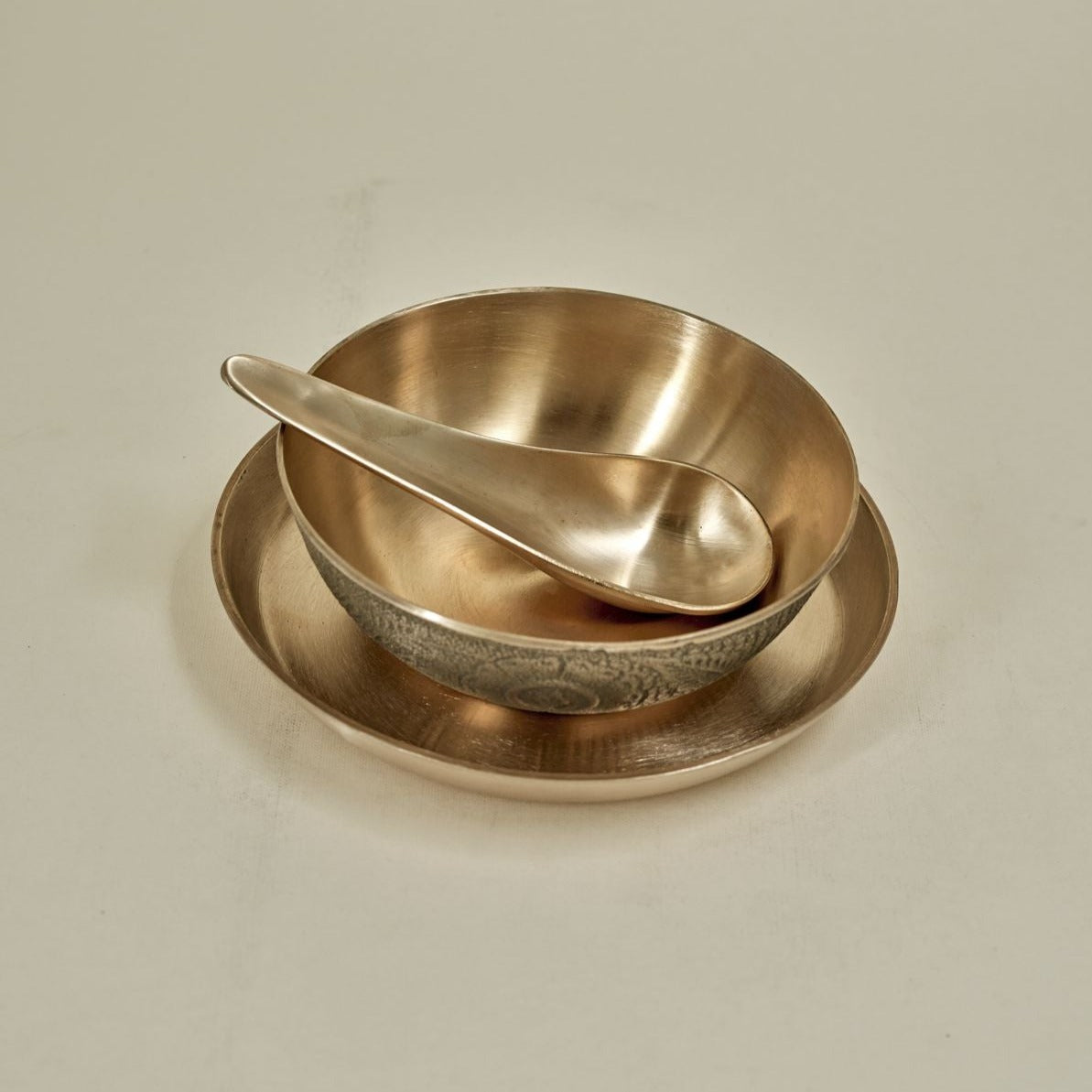
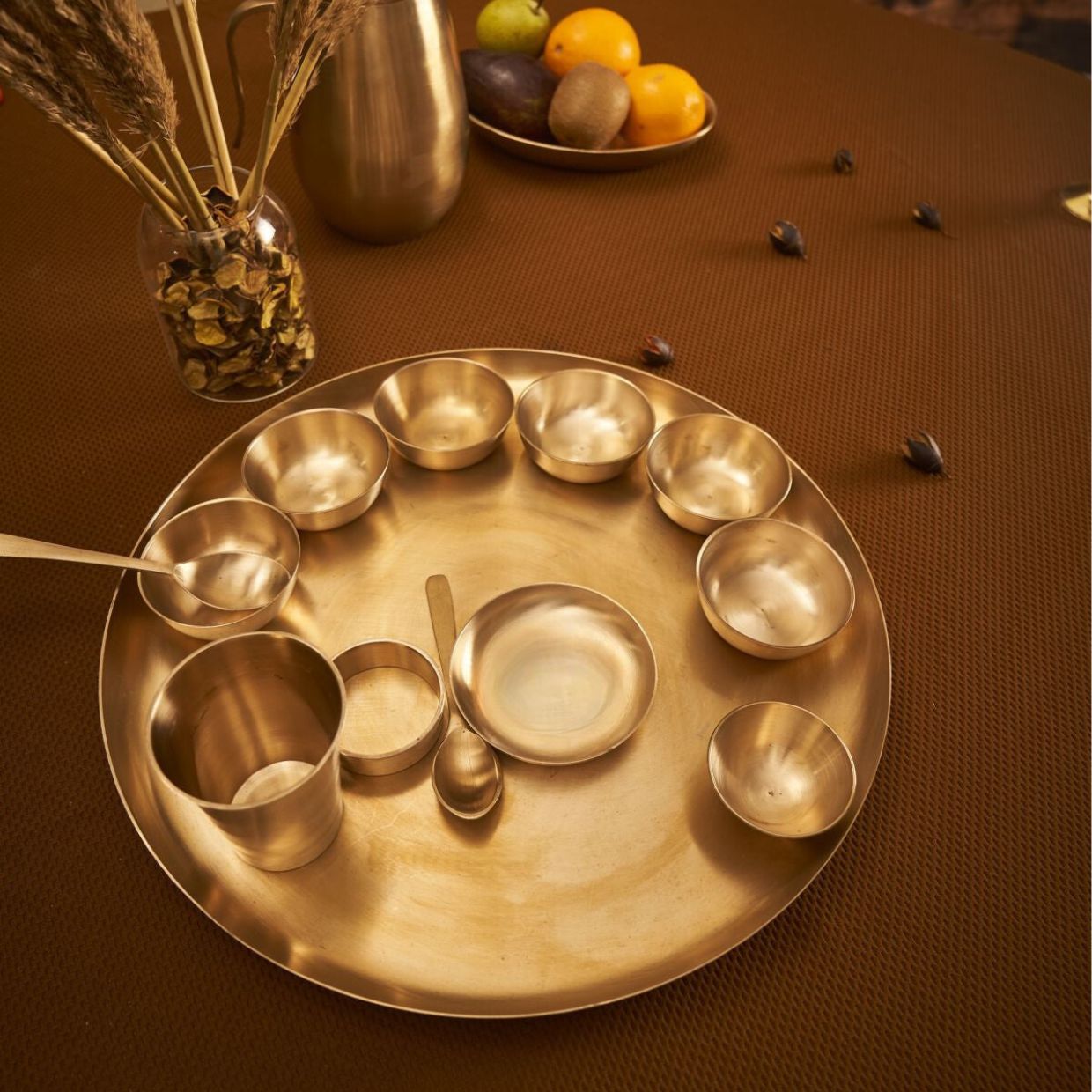
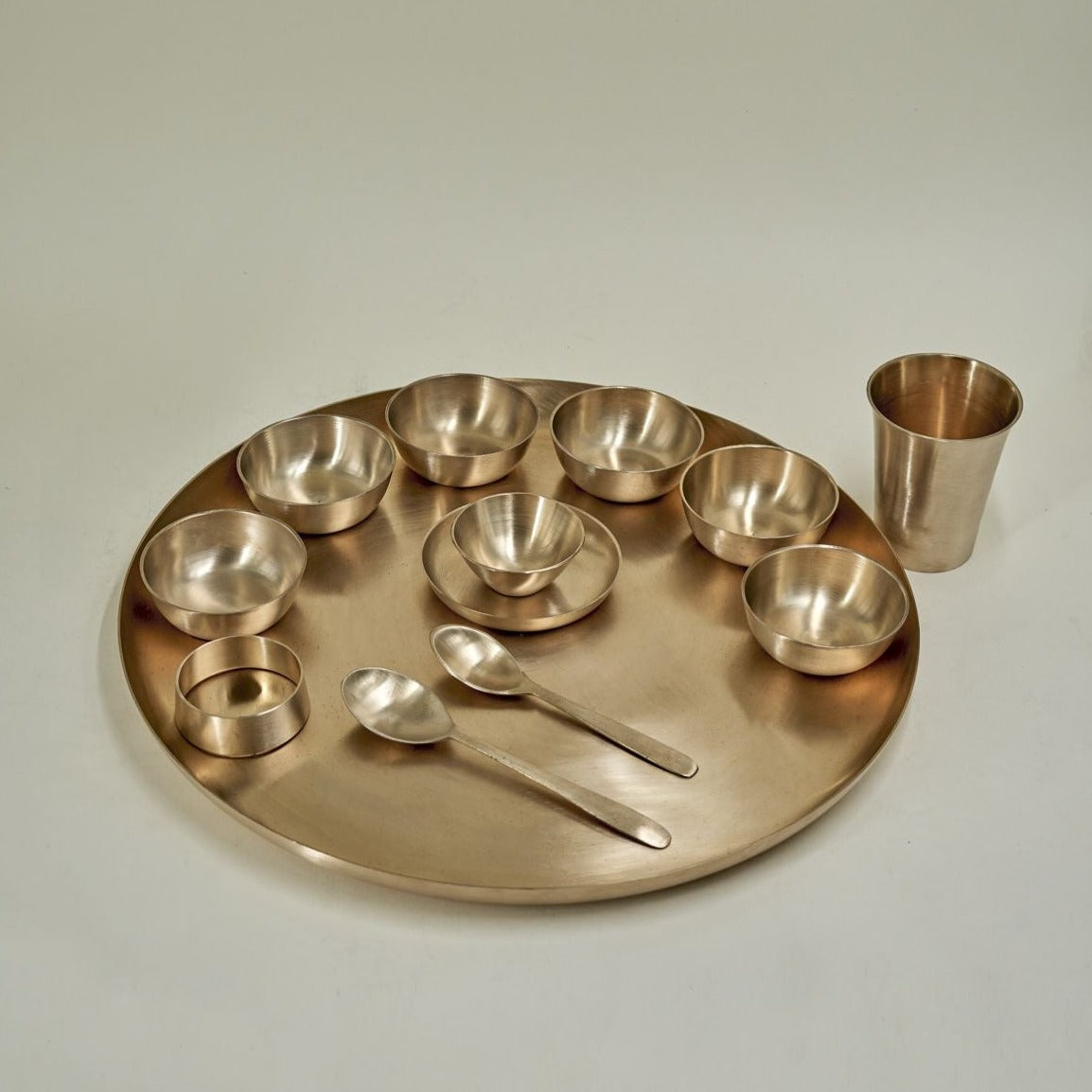
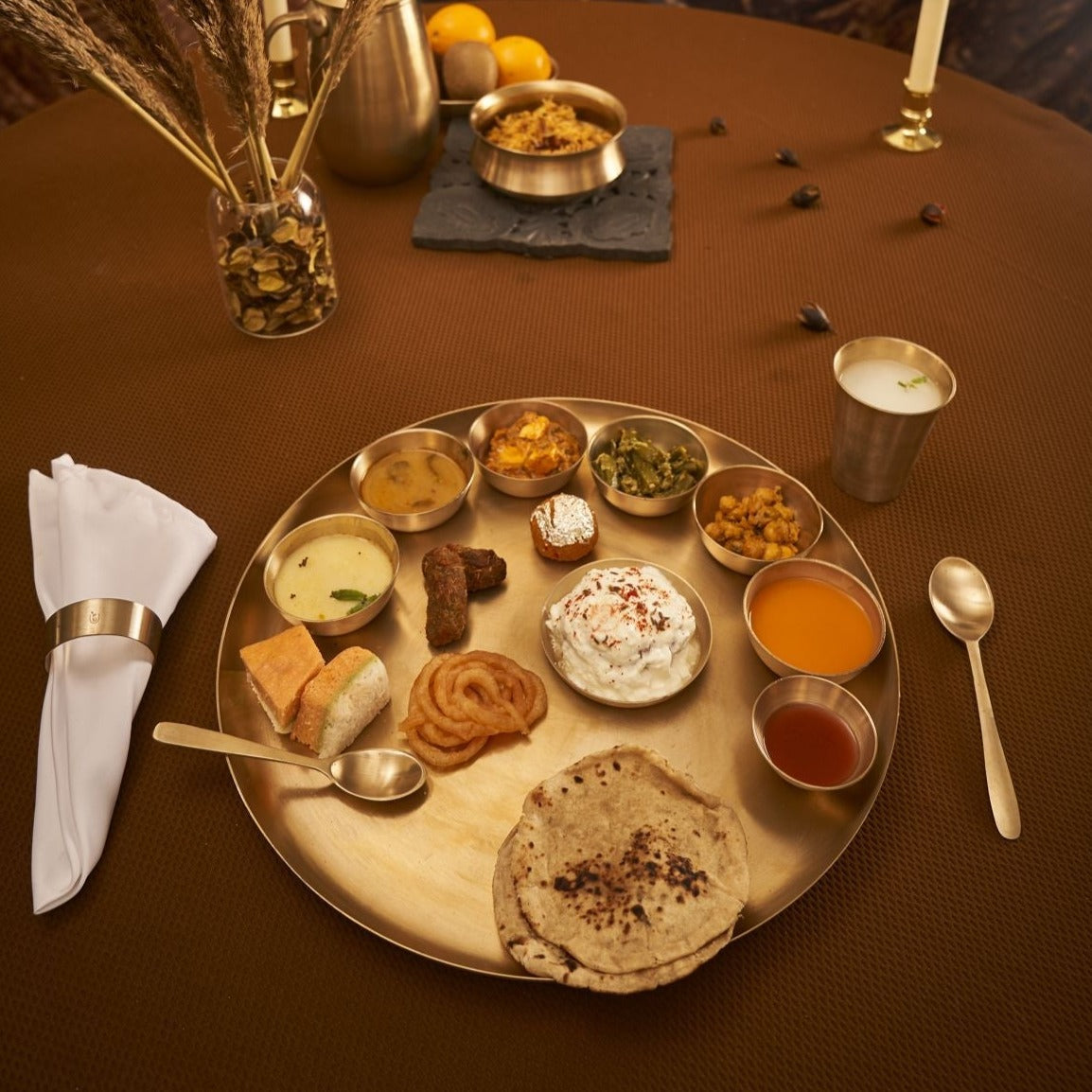
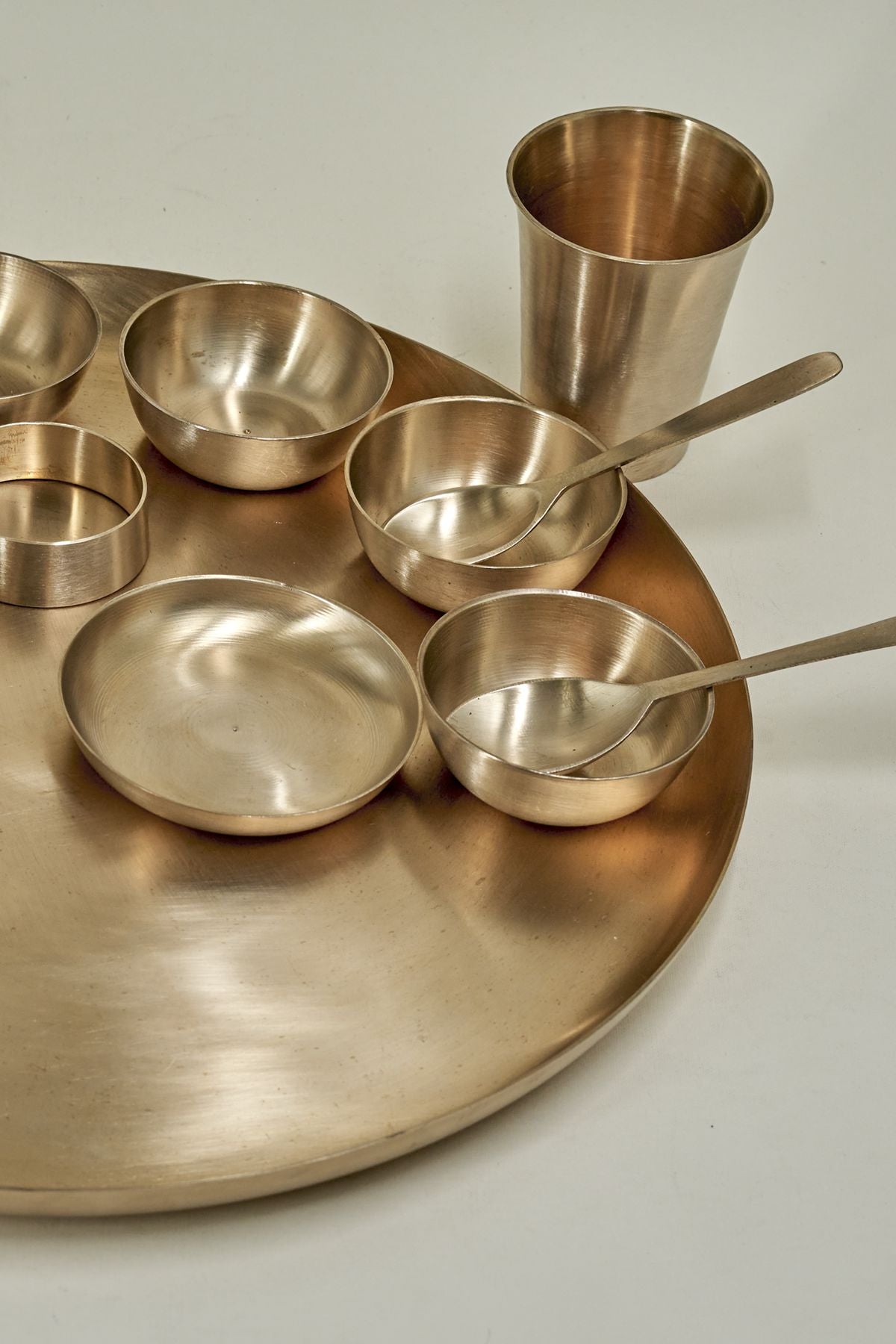
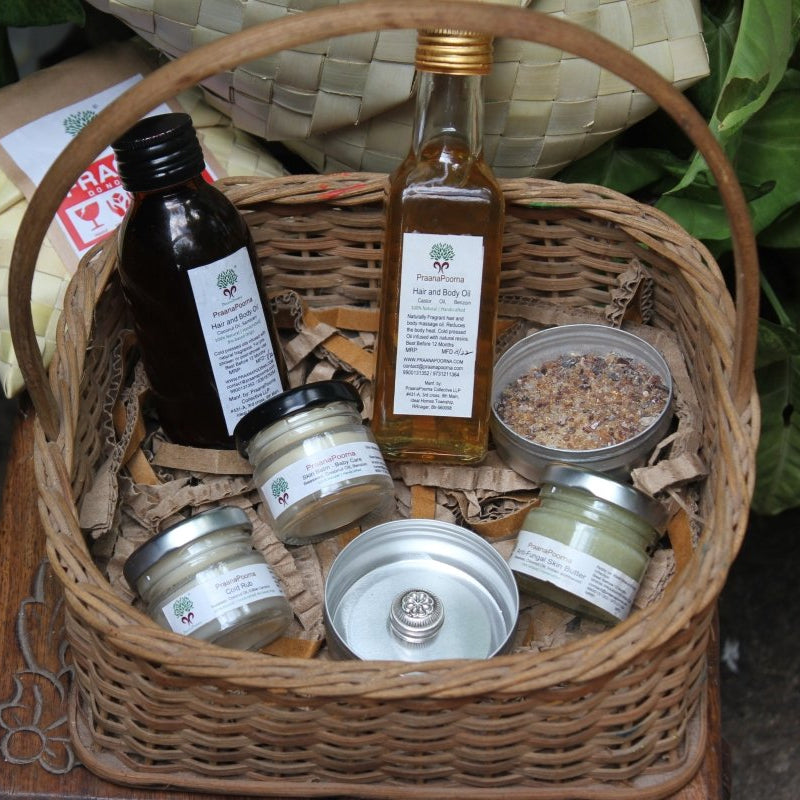



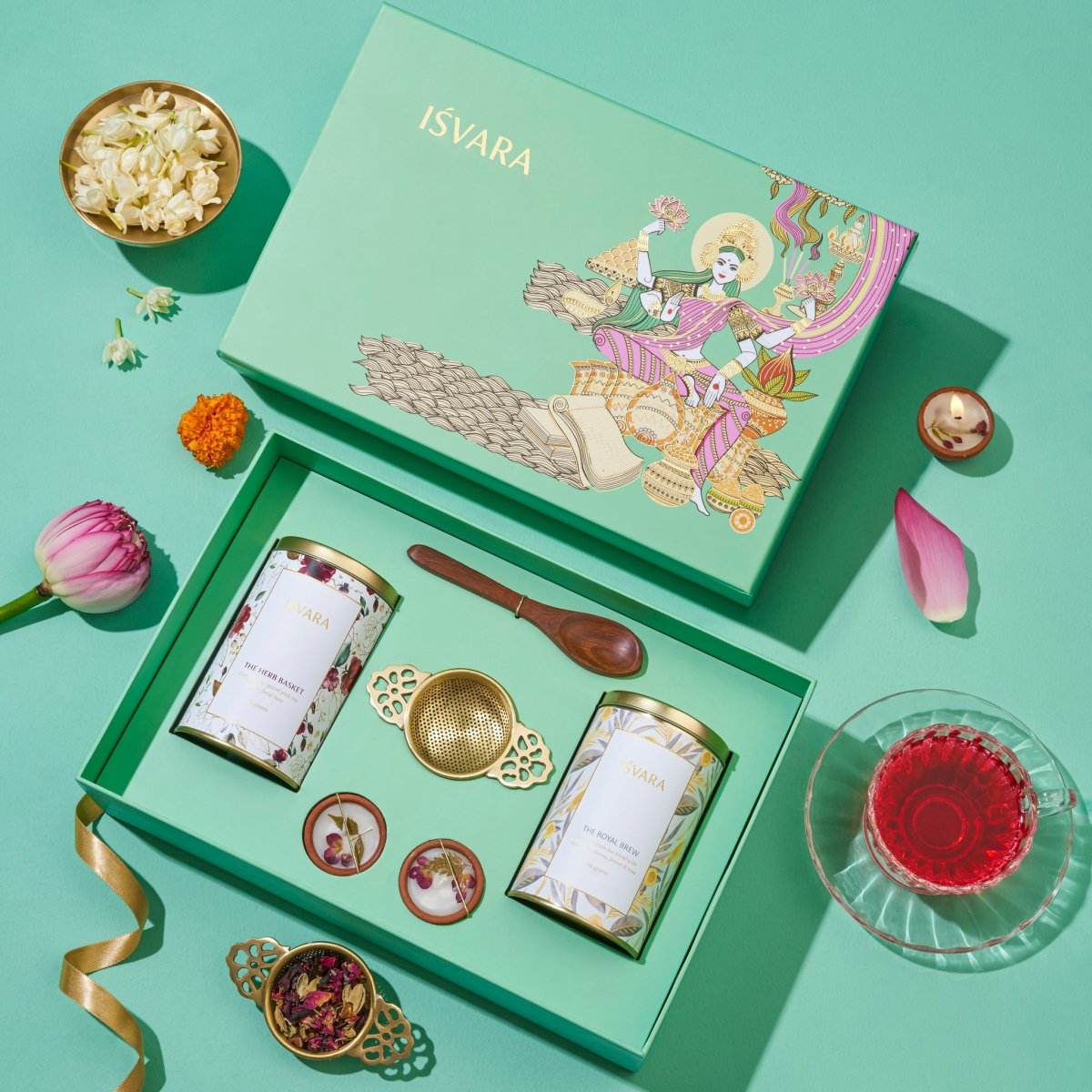
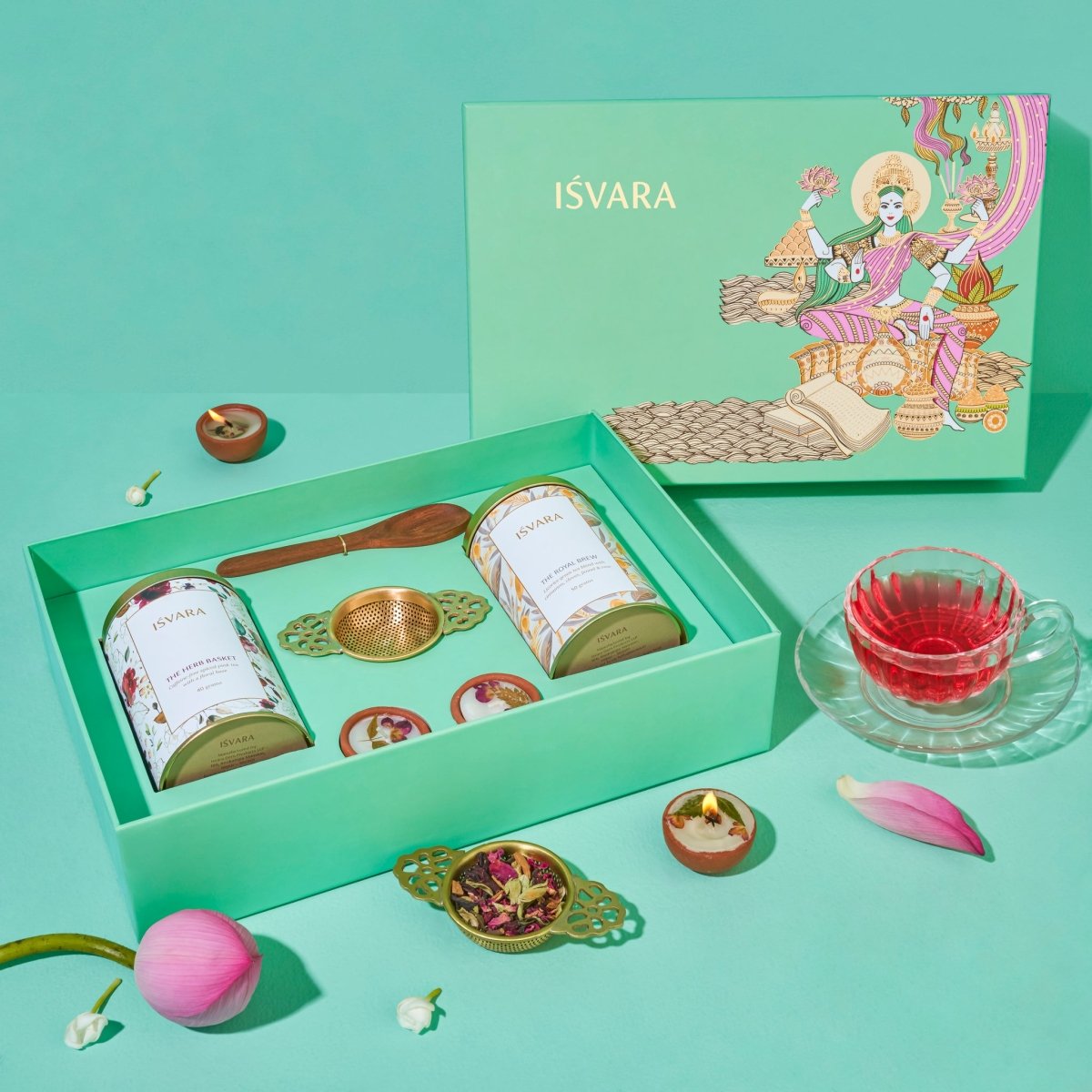

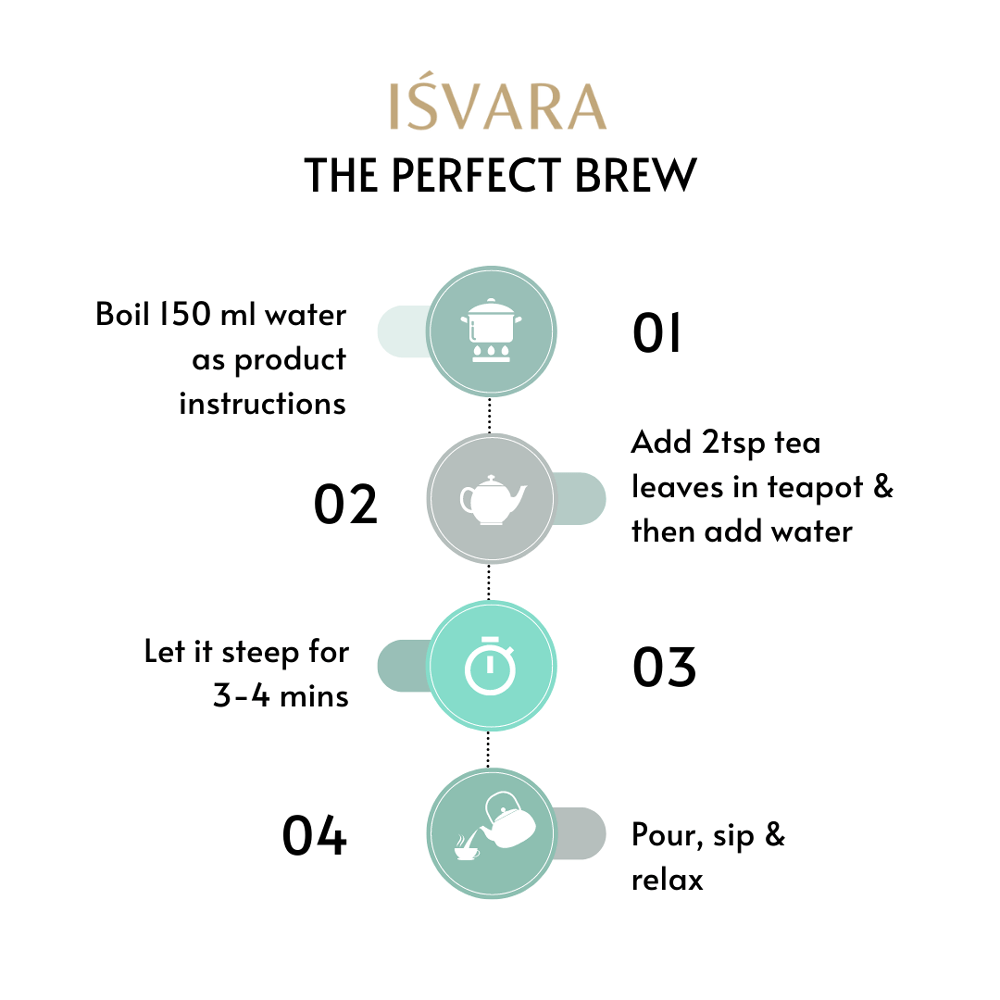
Share:
Lohri Fashion: Traditional Outfits and Modern Twists
Decorating Sustainably for Lohri: Festive Ideas to Brighten Your Home